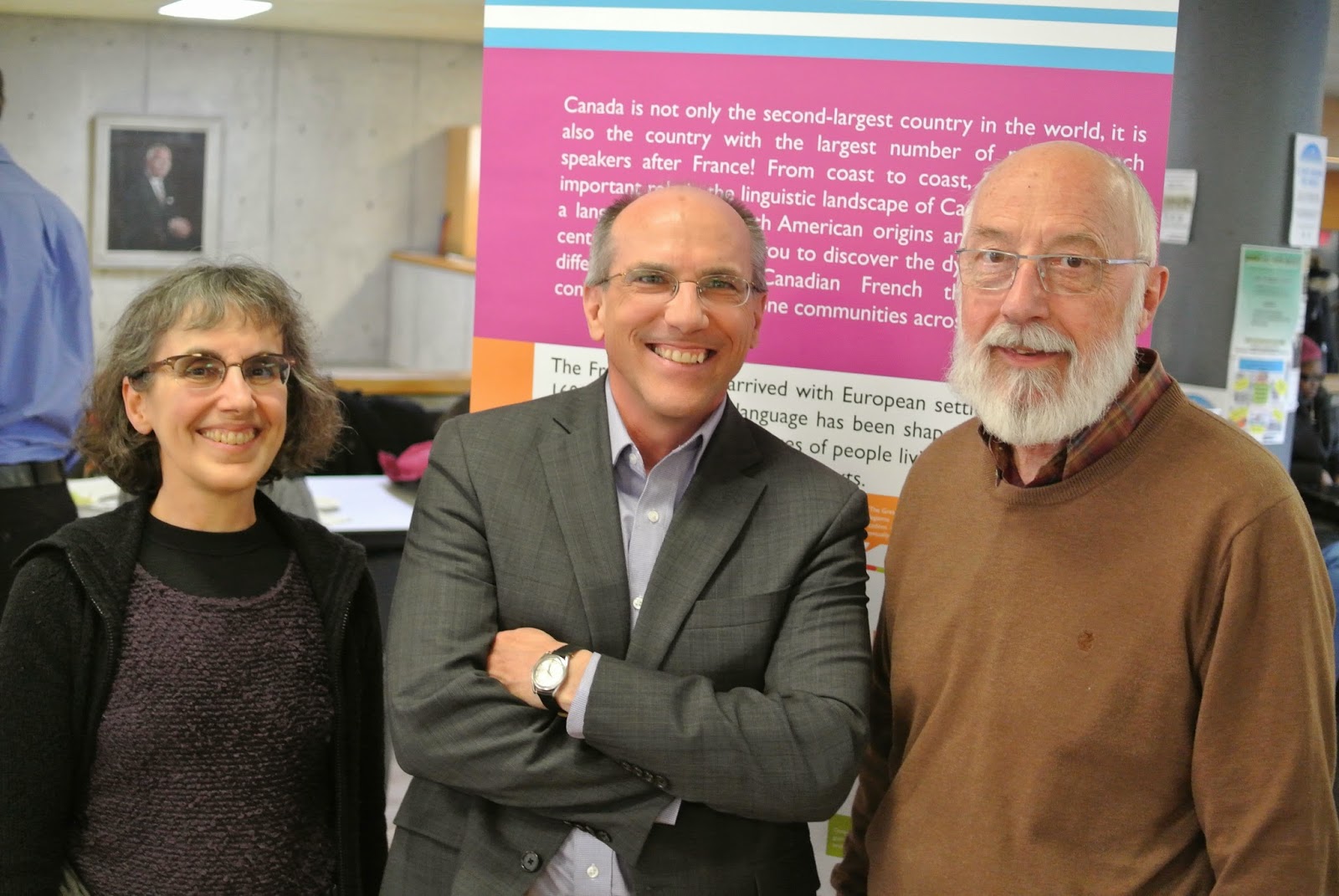Congratulations to Elizabeth Cowper, who has been awarded the Vivek Goel Faculty Citizenship Award by the University of Toronto Alumni Association!
"This award will recognize a faculty member who has served the University of Toronto with distinction in multiple leadership capacities in diverse spheres over many years. The intended recipient of this award is an exemplary university citizen and a senior member of the faculty." (More information here.)
Update (March 21): Here is a wonderful story written for the U of T website:

Prof. Elizabeth Cowper
Vivek Goel Faculty Citizenship Award
After
nearly 40 years at the University of Toronto, Professor Elizabeth Cowper says
she is still “like a sponge, soaking up new skills and knowledge.”
It
is this quest for knowledge that helped Prof. Cowper win the 2014 Vivek Goel
Faculty Citizenship Award. “It is amazing, really gratifying,” she said.
“Everyone says they are humbled when they win an award like this but it is
true.”
Prof.
Cowper arrived at U of T in 1976 and became undergraduate co-ordinator in the
Department of Linguistics the following year. In 1980 she became a member of
the University of Toronto Faculty Association Council, serving on the executive
committee and the salary and benefits negotiating team the following year.
In
1999 she took on a new challenge, becoming Chair of the Division of Humanities
at University of Toronto Scarborough. And in summer 2004 she served as acting
vice-principal (academic) and Dean at UTSC, as well spending one month as
acting vice-president and principal and six months as interim vice principal,
all the while serving as chair of the Department of Humanities.
Moving
out of the linguistics department after 23 years “was one of the best decisions
I ever made,” she said. “It provided me with the opportunity to learn a whole
new array of skills…an opportunity to expand my horizons and skill set.”
After
completing her term at UTSC, she became Associate Dean, Division One at the
School of Graduate Studies, and in 2006 became Vice Dean (programs), a
positions she held for three years. In
one year alone she served on 22 tenure committees.
In
2007 she became a member of the Academic Board and as a fellow of Trinity
College served on committees of the college, including chairing the college
Senate in 2012-13. She was elected to Governing Council in 2011.
Prof.
Cowper is now on sabbatical, but still supervising grad students and doing
research. She is working on the history of English, specifically on changes in
the grammar and syntax.
The
Vivek Goel Faculty Citizenship Award was created to honour the many
contributions of Dr. Vivek Goel during his term as Vice-President and Provost
of U of T. He served in this role for
five years before becoming President and CEO of Public Health Ontario in 2008.
He is also a Professor in Clinical Public Health and Public Health Policy at U
of T. This award is presented along with
several other faculty, staff and student awards under the banner of Awards of
Excellence. A complete list of this year’s recipients and their citations can
be viewed on the Awards of Excellence website. This award program annually
recognizes the outstanding members of the University of Toronto community who
have made rich and meaningful contributions to the University, their communities
and to the world.
Alumni
Relations within the Division of University Advancement is the steward of the
Awards of Excellence program on behalf of the University of Toronto Alumni
Association, and co-ordinates the vital contributions of other University
stakeholder groups toward this prestigious award program.
Prof.
Cowper and other 2014 Awards of Excellence recipients will be honoured at a
ceremony at the Isabel Bader Theatre on April 1.














